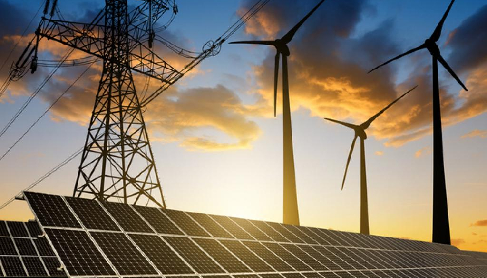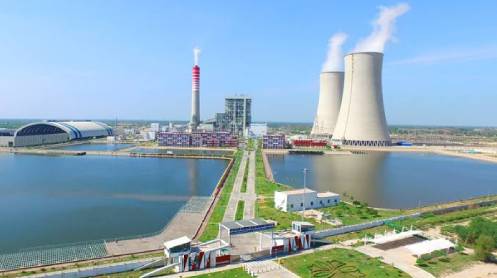Islamabad – The Planning Commission’s new initiative, centered around a long-term integrated energy demand and supply model based on a long-range energy alternatives planning (LEAP) framework, aims to address Pakistan’s persistent energy challenges. Muhammad Nauman Hafeez Khan, a research analyst on energy policy at the Ministry of Planning, Development, and Special Initiatives, highlighted the critical role of this initiative in providing comprehensive energy planning at the national level.
Khan emphasized the need for integrated energy planning to guide various energy-related departments over a span of five to 15 years. He elaborated on the LEAP model’s forecasting capabilities, which project energy demand and consumption across all sectors for the next decade, aiding in insights into GDP growth rates and other indicators. Additionally, the model considers environmental factors, providing insights into carbon emissions and footprints to identify their sources and magnitudes.
The LEAP model’s development involved national-level consultations and workshops with stakeholders to address policy suggestions and questions, aligning with the model’s findings. Khan highlighted the transition to the second phase of the model, employing a bottom-up approach to analyze consumption at the device level across households, industries, and transportation for more accurate insights and recommendations.
However, Khan acknowledged the complexity of the energy sector, emphasizing the need for integrated policies developed through stakeholder collaboration to foster cohesive strategies and improve sector outcomes. He identified gas shortages and the power sector circular debt as significant challenges, stressing the importance of efficient management practices and policy continuity to ensure stability and sustainability in the energy sector.
The Planning Commission’s LEAP model represents a proactive approach towards addressing Pakistan’s energy challenges, aiming to foster innovation, stability, and sustainability in the country’s energy sector.





